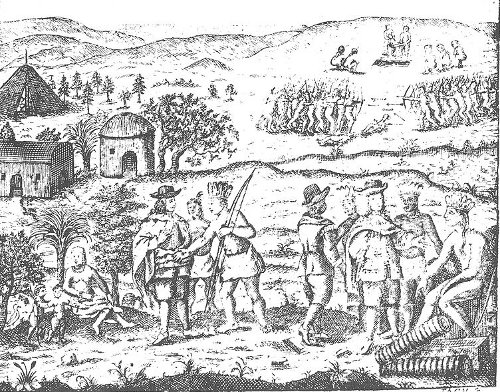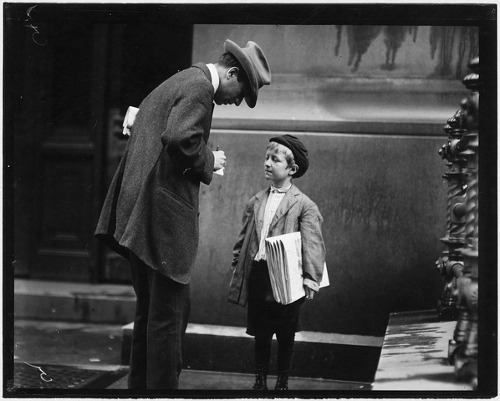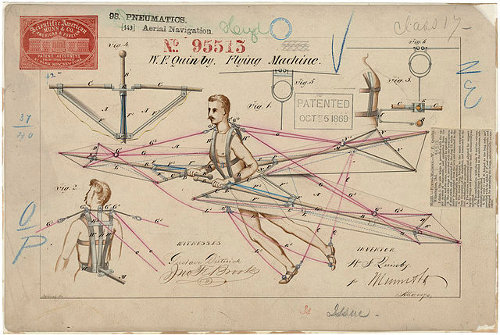Jokes from the Soviet Union, from University of Louisville historian Bruce Adams’ 2005 collection Tiny Revolutions in Russia:
A man is walking along the road wearing only one boot. ‘Did you lose a boot?’ a passerby asks sympathetically. ‘No, I found one,’ the man answers happily.
What is it that doesn’t knock, growl or scratch the floor?
A machine made in the USSR for knocking, growling, and scratching the floor.
It is the middle of the night. There is a knock at the door. Everyone leaps out of bed. Papa goes shakily to the door. ‘It’s all right,’ he says, coming back. ‘The building’s on fire.’
A shopper asks a food store clerk, ‘Are you all out of meat again?’ ‘No, they’re out of meat in the store across the way. Here we’re out of fish.’
Why doesn’t the Soviet Union send people to the Moon?
They are afraid they won’t come back.
A man fell asleep on a bus. When someone stepped on his foot, he woke with a start and applauded. ‘What are you doing, citizen?’ ‘I was dreaming I was at a meeting.’
‘What is the difference between Pravda [Truth] and Izvestia [The News]?’
‘There is no truth in The News, and no news in the Truth.’
“In the Soviet Army,” said Stalin, “it takes more courage to retreat than advance.”




